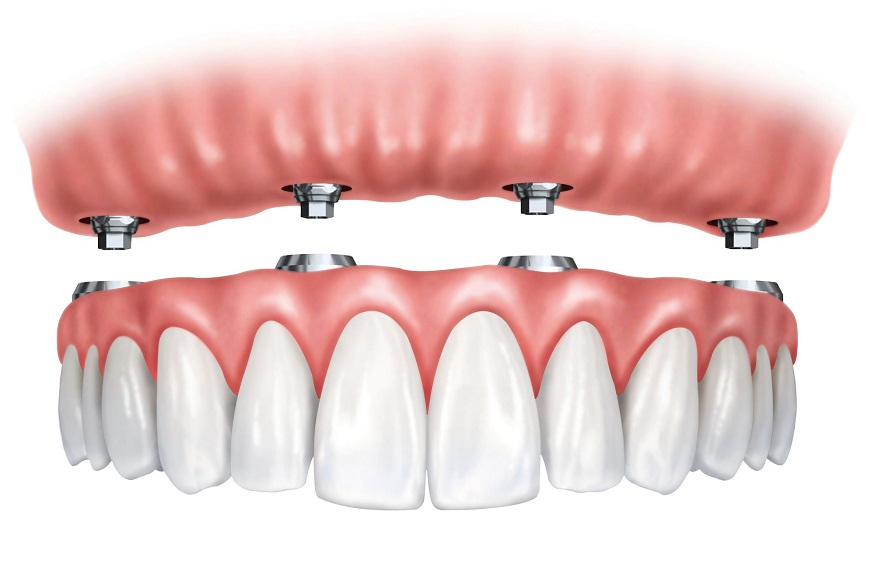Regardless of their strength, teeth are vulnerable to damage and decay. For a variety of reasons, people frequently lose their teeth. Fortunately, dentures offer a way to replace lost teeth and are also very economical.
Even though dentures in Orange have been around for a while and have been enhanced to feel more comfortable and appear more natural, wearing new dentures might still raise some issues. Taking good care of your new teeth is essential to lessen the chance of these problems.
Common problems and solutions for dentures
1. Soreness and discomfort
In the early phases of your adjustment period, particularly in the first few hours (or even days) after receiving your new dentures, soreness, and pain are frequent denture problems and are normal. This is frequently brought on by your new dentures pushing against your gums, which can irritate and hurt you.
How to treat it: To ease the pain, try washing your mouth with a solution of salt water. If necessary, you can also use over-the-counter painkillers or massage your gums.
2. Difficulty speaking
It’s normal for new dentures to feel weird in the mouth at first, and speaking becomes difficult while you get acclimated to them. If you encounter this issue, you will need to acquaint your mouth muscles and tongue with the sensations of speaking. Be patient and persistent because this may take some time.
How to treat it: Practice is the key to treating it. Speaking frequently is the best strategy for overcoming speech issues with new dentures. You can also try singing your favorite tunes to help your lips get used to speaking normally again.
3. Difficulty eating
Soon after receiving new dentures, many patients find it challenging to eat properly because their gums are still mending from the treatment or their mouths are still getting acclimated to it. Be patient and give your mouth time to adjust if you’re experiencing this typical denture issue. Certain foods may hurt you to eat, or you may have dentures that keep falling out while you eat.
How to treat it: For the first few weeks after getting new dentures, avoid foods that are sticky or firm. This will lessen the strain that eating and chewing put on your gums. As your gums and mouth acclimate, gradually increase the difficulty of the food.
4. Slipping dentures
Your mouth and gums will require time to adjust to your new dentures, regardless of how well-designed they are. Most dentures, or removable dentures, are held in place by different muscles in your mouth, in contrast to your teeth, which are naturally anchored in your gums. For this reason, during the first several weeks, they frequently slip or come loose when eating or conversing. Your mouth, tongue, and gums are still learning to work together and stay in place during this adjustment.
How to treat it: This issue frequently goes away as you adjust to your new dentures. However, after a few weeks, if your dentures are still slipping out all the time, think about applying denture adhesives or getting them adjusted by a denture specialist.
5. Excess saliva
New dentures may confuse your body and make you mistake them for food or an alien object. Your saliva glands may have to work harder, producing more saliva than normal. The good news is that this common denture issue will eventually be resolved as your saliva glands return to normal levels and your mouth gets used to your new dentures.
How to treat it: There isn’t much you can do about it, so you just need to be ready to swallow more often and cope with more saliva than normal. This problem will gradually disappear as your mouth and saliva glands become used to your new dentures.
Conclusion
Seeing a dentist is crucial to preserving your oral health. If you wear dentures, schedule routine dental examinations with your dentist every six months. You should also speak with your dentist if you have concerns about your dentures.

